Services
Effective and budget-friendly digital marketing is a strategic approach that leverages online channels and techniques to promote products, services, or brands while optimizing costs and resources. Here are some key elements to consider for an effective and budget-friendly digital marketing strategy
Targeted Audience
Understand your target audience thoroughly. Research their demographics, preferences, and online behavior to tailor your marketing efforts effectively. The more you know your audience, the less you waste on irrelevant marketing.

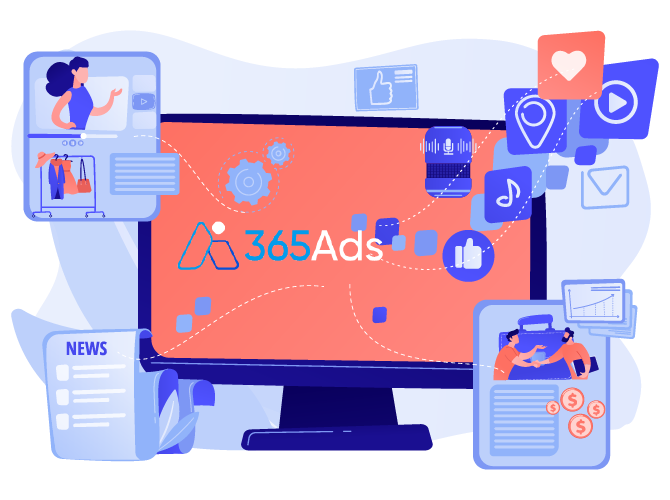
Content Marketing
Content is king in the digital world. Create high-quality, valuable content that resonates with your audience. This can include blog posts, videos, infographics, and more. Regularly update and share this content on your website and social media platforms.
SEO (Search Engine Optimization)
Optimize your website and content for search engines. This helps your website rank higher in search results, increasing organic traffic. SEO practices include keyword research, on-page optimization, and link building.
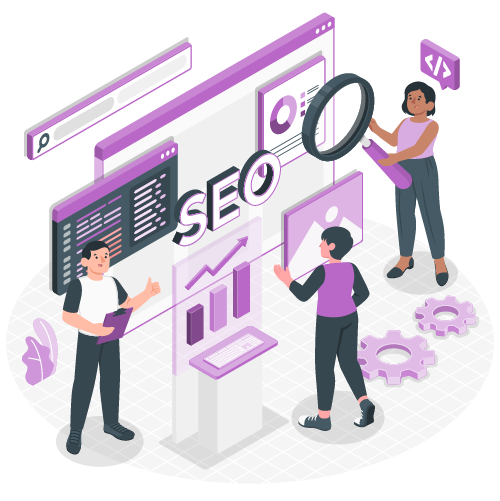

Email Marketing
Email marketing is a cost-effective way to engage with your audience. Create engaging newsletters, promotions, and updates to keep your subscribers informed and interested in your offerings.
Social Media Marketing
Choose the social media platforms that best align with your target audience. Regularly post content, engage with your followers, and use advertising options to boost visibility. Social media is a cost-effective way to build and maintain a loyal customer base.
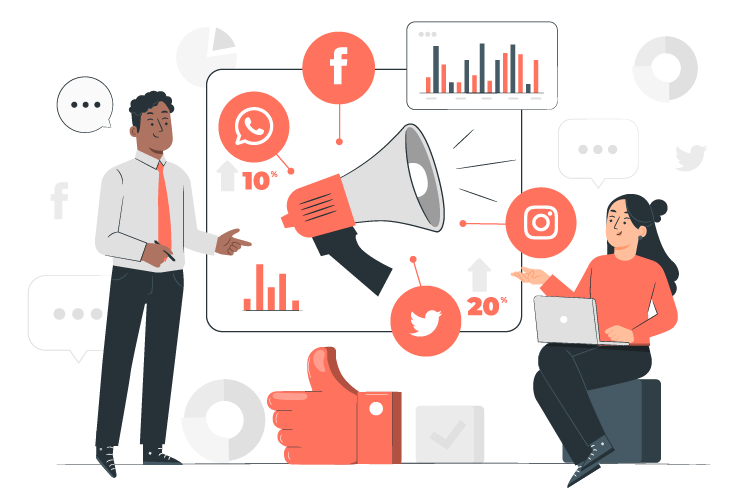

Pay-Per-Click (PPC) Advertising
While PPC advertising involves a cost per click, you can set strict budgets and target specific keywords or demographics. This ensures you get value for your money and only pay when users click on your ads.
Influencer Marketing
Collaborate with influencers in your niche to reach a broader audience. Influencer marketing can be more cost-effective than traditional advertising and can generate authentic, engaging content.

Analytics and Data Tracking
Regularly monitor and analyze the performance of your digital marketing efforts. Use tools like Google Analytics to track website traffic, conversion rates, and user behavior. This data can help you optimize your strategy, ensuring you get the best return on investment.
Remarketing
Implement remarketing campaigns to target users who have previously visited your website but didn’t convert. This is a cost-effective way to re-engage potential customers and encourage them to complete a purchase or take a desired action.


Landing Page Optimization
Ensure that your landing pages are well-optimized for conversions. A well-designed landing page with a clear call to action can significantly improve the return on your marketing spend.
Email Automation
Use email automation tools to send targeted messages and responses to user actions. This saves time and ensures you deliver relevant content to your audience.
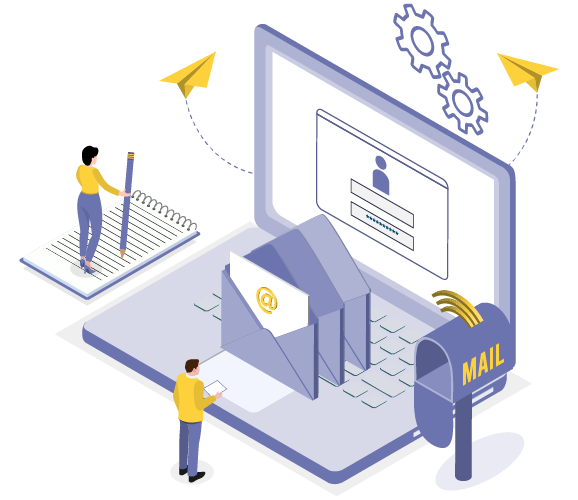
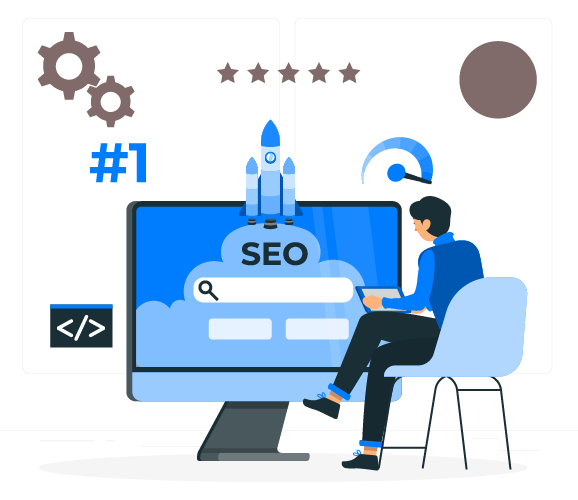
Local SEO
If your business has a physical location, optimize for local searches. This helps you appear in local search results and on maps, which is crucial for brick-and-mortar businesses.
User-Generated Content
Encourage your customers to create content related to your products or services. User-generated content can be highly effective in building trust and attracting new customers.
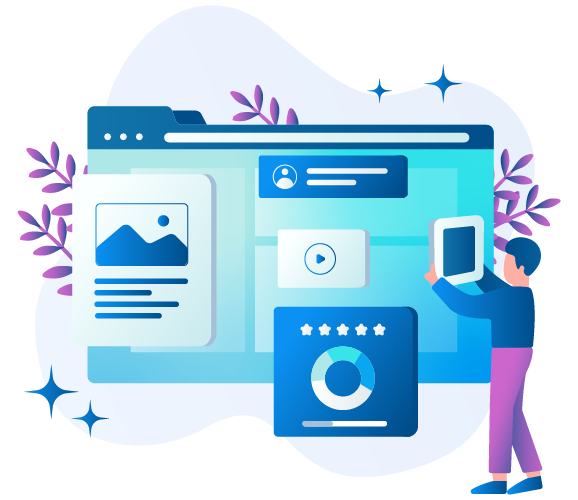
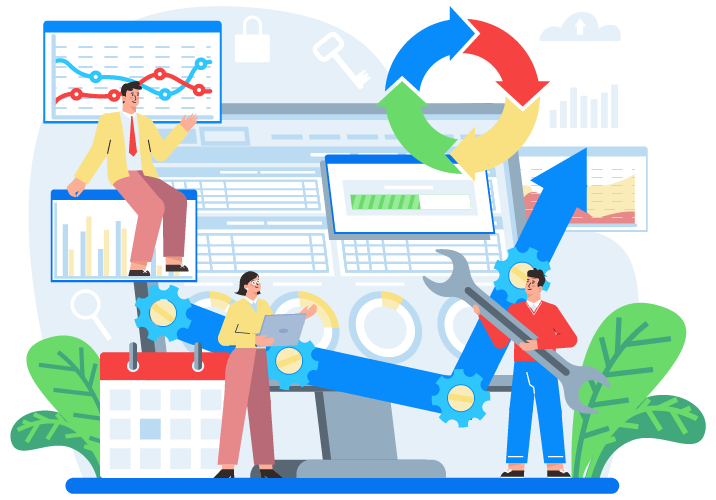
Testing and Optimization
Continuously test different strategies and tactics. What works today may not work tomorrow, so adapt and optimize your campaigns based on data and results.
By incorporating these elements into your digital marketing strategy, you can achieve cost-effective marketing campaigns that deliver a strong return on investment. Keep in mind that digital marketing is an ever-evolving field, so staying up-to-date with industry trends and being open to experimentation is key to long-term success.

